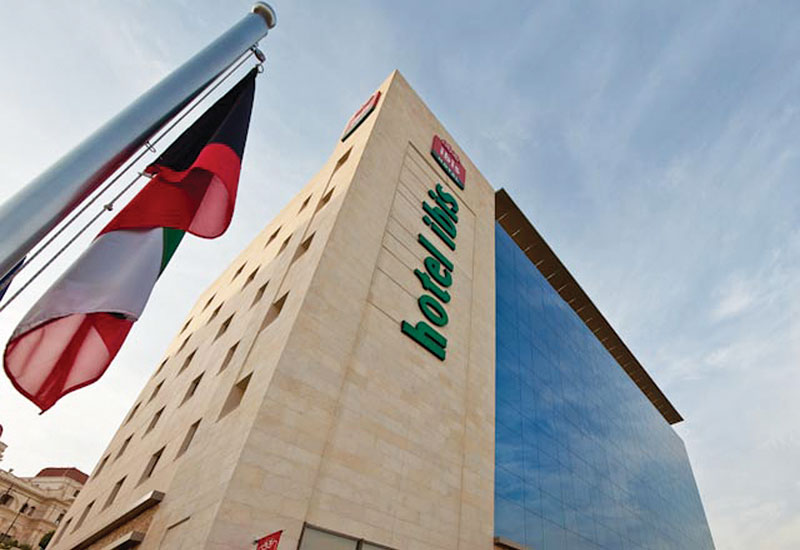A boom in high-quality low-cost hotels is set to revolutionise the Middle East’s hotel industry in the same way budget airlines have shaken up aviation, consultancy Jones Lang LaSalle said.
The rapid growth of mid-range hotels in the region is set to mirror Europe’s budget hotel growth two decades years ago, with Saudi holy cities Makkah and Medina leading the way.
“I see huge potential [for budget hotels] especially in places like the holy cities in Saudi Arabia; phenomenal potential,” Thierry Loué, CEO, MENA, Jones Lang La Salle said.

| Advertisement |
The cities play host to millions of religious tourists each year, who flock to the kingdom to undertake the pilgrimages hajj and umrah.
“It’s a market which has been evolving quite fast, especially in the last three years, with definitely more to come.”
Nor is the trend confined to major cities. The Middle East will see a surge of low-cost hotels opening in industrial centres and smaller towns in a bid to tap into money-conscious business travellers, Loué said.
“We’ll see also a lot of new budget hotels coming to many secondary cities. You’ve seen the first easyHotel opening in Jebel Ali; this is the kind of environment you are going to see two and three-star properties popping up in,” he added.
Hotel deal volume in Europe, the Middle East and Africa more than doubled to $9.3bn in 2010, according to Jones Lang La Salle’s Hotel Investment Outlook released on Sunday.
Deal pace is set to grow at a steady pace across the region in 2011, reaching $13bn by year end, the real estate advisory firm said.
Market performance for hotels in Dubai, Morocco and Saudi Arabia is forecast to increase in 2011; however Abu Dhabi will continue to struggle as oversupply takes a toll on occupancy.
The UAE capital’s hospitality industry will only pick up once cultural attractions such as the Louvre and Guggenheim on Saadiyat Island are completed, said Loué.
“I think Abu Dhabi is going to be more challenging position for the next two three years. Until Saadiyat Island really comes out with all of the cultural attractions there will be a shorter period where it really needs to build its identity, I think to find its own recognition it could take time,” he said.
Dubai, which has emerged as something of a safe haven amid the political turmoil in the region, is expected to remain stable but is unlikely to attract additional investment for further projects.
“Dubai is doing extremely well right now,” Loué said. “I don’t think we are going to see any new money coming into new projects in the short term… [but] I think Dubai has still got quite a fair positive future. “
More broadly, the UAE hospitality market has retained its appeal, as demonstrated by the $115m of financing secured for the Fairmont Palm Jumeirah by IFA Hotel Investments in late 2010.









 Search our database of more than 2,700 industry companies
Search our database of more than 2,700 industry companies










May 3, 2011 , United Arab Emirates
Good article, in time we will see the decline of the traditional hotels in the 4* segment who are currently offering the same rates as budget hotels, can they stil make money to support their 4* infa structures... no!!